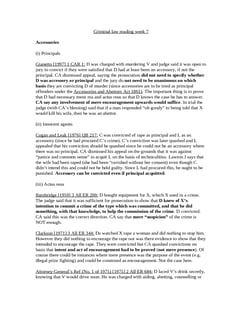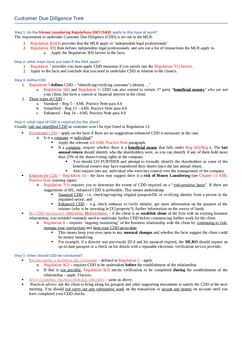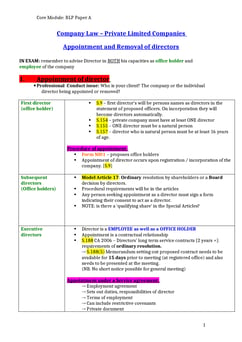R v Saik [2006] UKHL 18; [2007] 1 AC 18; [2006] 2 WLR 993; [2006] 4 All ER 866
Judgement for the case R v Saik
Table Of Contents
KEY POINTS
Crime is a broad legal concept encompassing a wide range of activities that are prohibited or punishable by law. It includes offenses such as conspiracy, money laundering, and converting proceeds of crime.
Conspiracy refers to an agreement between two or more individuals to commit an unlawful act while converting proceeds of crime involves the transformation or manipulation of illegally obtained funds.
Money laundering, on the other hand, is the process of disguising the origins of illicitly gained money, typically using complex financial transactions.
-
The legal framework for addressing these issues includes the Criminal Law Act 1977, which was amended by the Criminal Attempts Act 1981, as well as by the Criminal Justice Act 1988.
Section 93C(2) of the Criminal Justice Act 1988, inserted by the Criminal Justice Act 1993, is particularly relevant to the charges brought against the defendant and sets forth the legal parameters for addressing the complexities of the case.
FACTS
-
Abdulrahman Saik ("Appellant") had operated a bureau de change and was charged with conspiracy to convert the proceeds of drug trafficking and/or criminal conduct, a violation of section 1(1) of the Criminal Law Act 1977, with the relevant substantive offense defined in section 93C(2) of the Criminal Justice Act 1988.
The offense particulars outlined that the Appellant, along with others, conspired to convert banknotes to assist another in evading prosecution for a criminal offense, with knowledge or reasonable grounds to suspect that the funds represented someone else's proceeds of criminal conduct.
-
Facing the charges, the Appellant offered a guilty plea based on laundering money he had suspected, though not known, to be the proceeds of crime.
The prosecution accepted the plea, leading to the Appellant's conviction.
Despite appealing against the conviction, the Court of Appeal dismissed the Appellant's appeal.
JUDGEMENT
In the judgment, the appeal was allowed, with Baroness Hale of Richmond partially dissenting.
-
It was held that section 1(2) of the 1977 Act applied whenever a specific fact or circumstance was an essential element of the substantive offense.
Consequently, even if liability for the substantive offense could be incurred without knowledge of that fact or circumstance, section 1(2) necessitated knowledge of it, or in the case of unidentified property, intention for it to exist.
-
The judgment clarified that, concerning an offense under section 93C(2) of the 1988 Act, knowledge meant being aware that the property was indeed the proceeds of a crime or having the intention that it should be.
It was emphasized that suspicion alone was not sufficient, with Baroness Hale of Richmond dissenting on this point.
Consequently, it was concluded that the Appellant's conviction could not stand in light of these legal interpretations and principles.
COMMENTARY
In this legal case, the Appellant, operating a bureau de change, was charged with conspiring to convert proceeds of drug trafficking or criminal conduct.
The charges questioned whether it was necessary to prove the Appellant knew the money was from criminal activities or if reasonable suspicion sufficed.
The Appellant pleaded guilty, suspecting but not knowing the money was illicit.
-
Despite the plea being accepted and resulting in conviction, the appeal succeeded, with a partial dissent.
The judgment clarified that specific knowledge or intention was required for conviction, stating suspicion alone was insufficient.
The case underscores the importance of establishing a precise mental state for convictions in conspiracy and money laundering charges.
For Further Study on R v Saik

Criminal Law notes fully updated for recent exams at Oxford and Camb...
Need instant answers? Our AI exam tutor is here to help.
Ask questions 🙋 Get answers 📔 It's simple 👁️👄👁️
Our AI is educated by the highest scoring students across all subjects and schools. Join hundreds of your peers today.
Get StartedRelated Product Samples
These product samples contain the same concepts we cover in this case.


